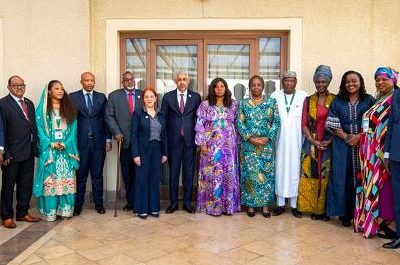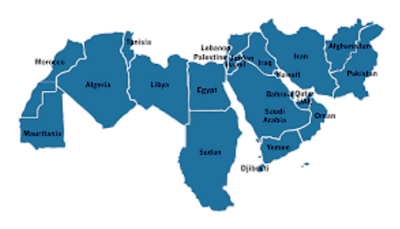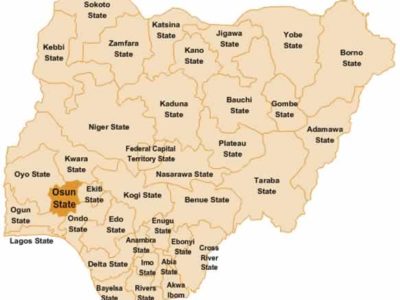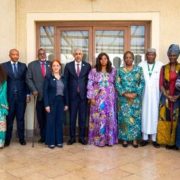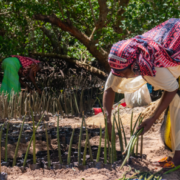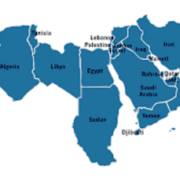The just ended DRC Africa Business Forum promises the development of robust battery industry and a huge contribution to the electrification of transport systems, which will enable Africa to add more value to its endowments in minerals.
The Democratic Republic of the Congo supplies about 70 per cent of the world’s cobalt used in the production of batteries, an essential component to power electric vehicles, yet the country captures only 3 of the global battery and electrical value chain. The scenario which policymakers and experts say must change.
According to Ms Vera Songwe, the Executive Secretary of UN Economic Commission for Africa, the rhetoric of saying that the DRC can electrify the whole continent and that the country has 70 per cent of the world’s reserve of cobalt and that DRC can feed everyone in Africa must be translated into actions. « in 15 years, the world will produce about 50 million electric vehicles. The DRC and Africa as a whole have to play an important role in this global supply chain by taking advantage of their abundant natural resources,” she said.
According to the new study entitled: “The Cost of Producing Battery Precursors in the DRC”, by BloombergNEF, Electric vehicles represent a $7 trillion market opportunity between today and 2030 and $46 trillion between today and 2050.
Mr Alain Foca, a journalist at Radio France International said that the transformation of minerals such cobalt, copper, lithium, manganese, nickel and graphite into a battery plant in Africa would “change the paradox of sitting by the river yet the people of the continent remain thirsty”.
The demand for electric vehicles and investment in battery-powered storage systems will require skills development and the necessity of an education that would not only improve employability but also provide the youth with the tools needed to be successful in entrepreneurship endeavours. Experts stress that DRC would need to invest in skills development to grow a qualified workforce capable of implementing this industrialization project.
“For the first five years, the DRC might need to depend on international expertise”, a stamen mande during the panel “Skills for the development of batteries in the DRC”, organized by that Rawbank as part of the DRC Africa Forum 2021.
Mr Jean-Marc Kilolo, ECA’ Economic Affairs Officer said that some companies are now looking at skills and know-how, not just the diplomas obtained. He stressed that training and internship opportunities for the students and graduates as well as placement opportunities with leading companies to acquire the necessary practice are crucial. Mr Mustapha Rawji, Managing Director of Rawbank in DRC said that the bank will invest in this area in collaboration with higher training institutions.
According to ECA, Africa has about 55,000 women and men in engineering, yet the African Union’s Agenda 2063 targets to achieve about 4,3 million people in the field. The biggest challenge in implementing Africa’s Agenda 2063 remains the inadequacy of the critical technical skills, as Africa has to produce at least 300,000 engineers per year until 2063.
Jean Marie Kanda, Dean of Polytechnic Faculty at the University of Lubumbashi affirms that the generation of the necessary skills will play a central role in making DRC successful in the production of lithium-ion battery cathode precursor materials.
The theme of the DRC Africa Business Forum was “fostering the development of a battery, electric vehicle and renewable energy industry value chain and market in Africa.” At the opening, the DRC President Félix Tshisekedi referenced the author Frantz Fanon when he said, “Africa is shaped like a gun and Congo is the trigger.”

